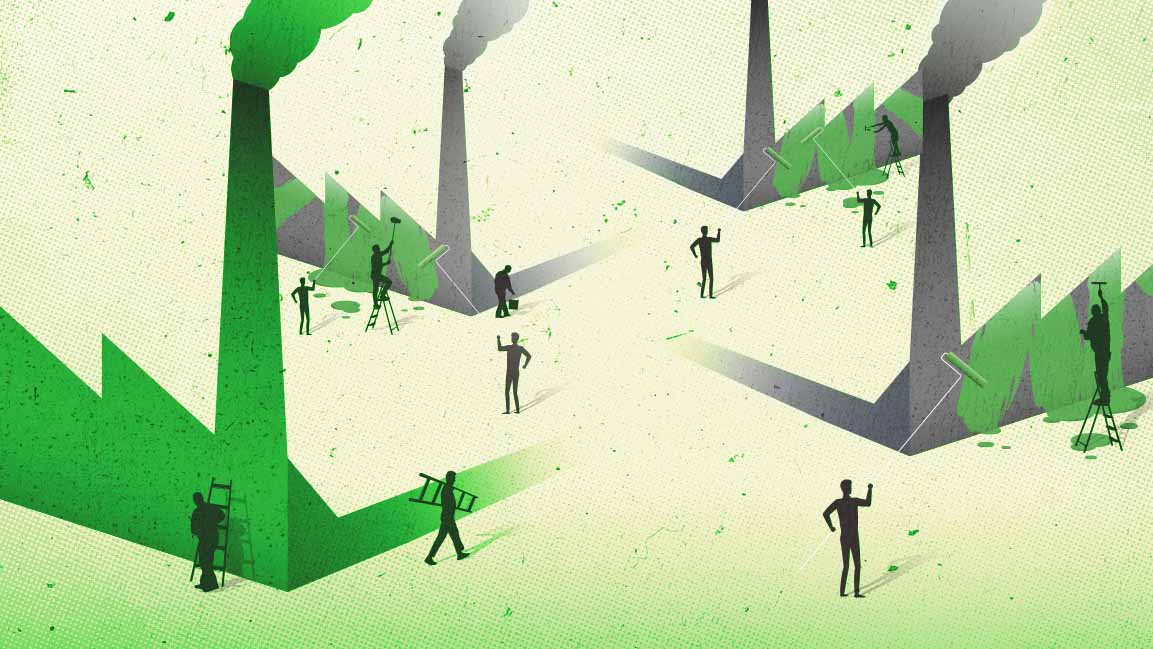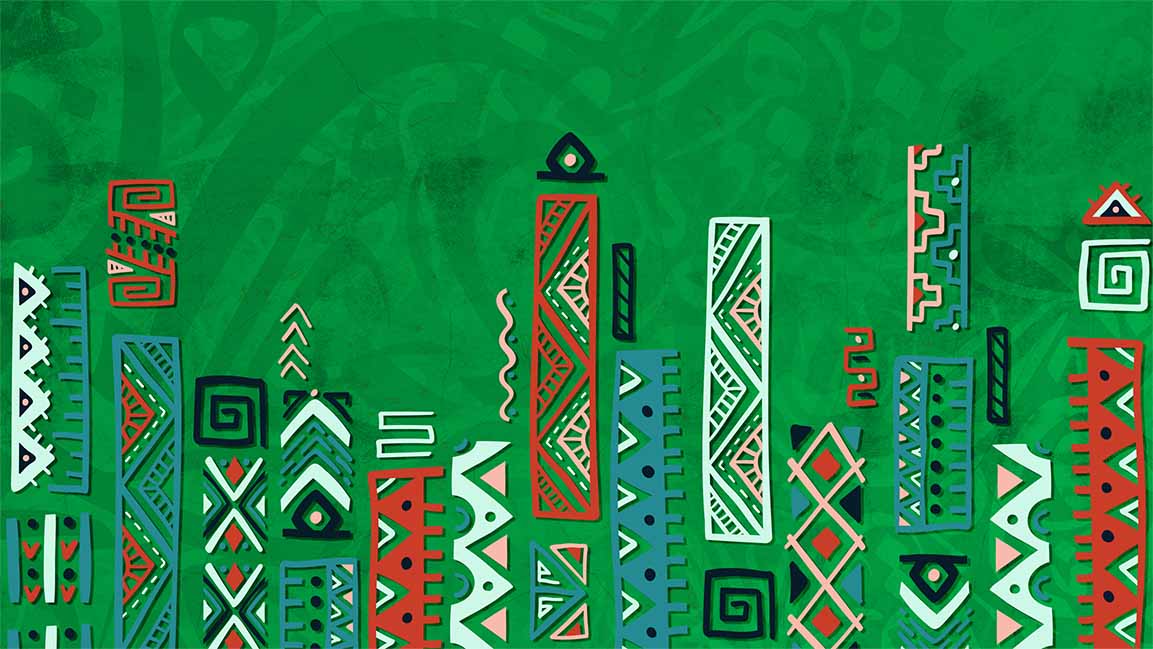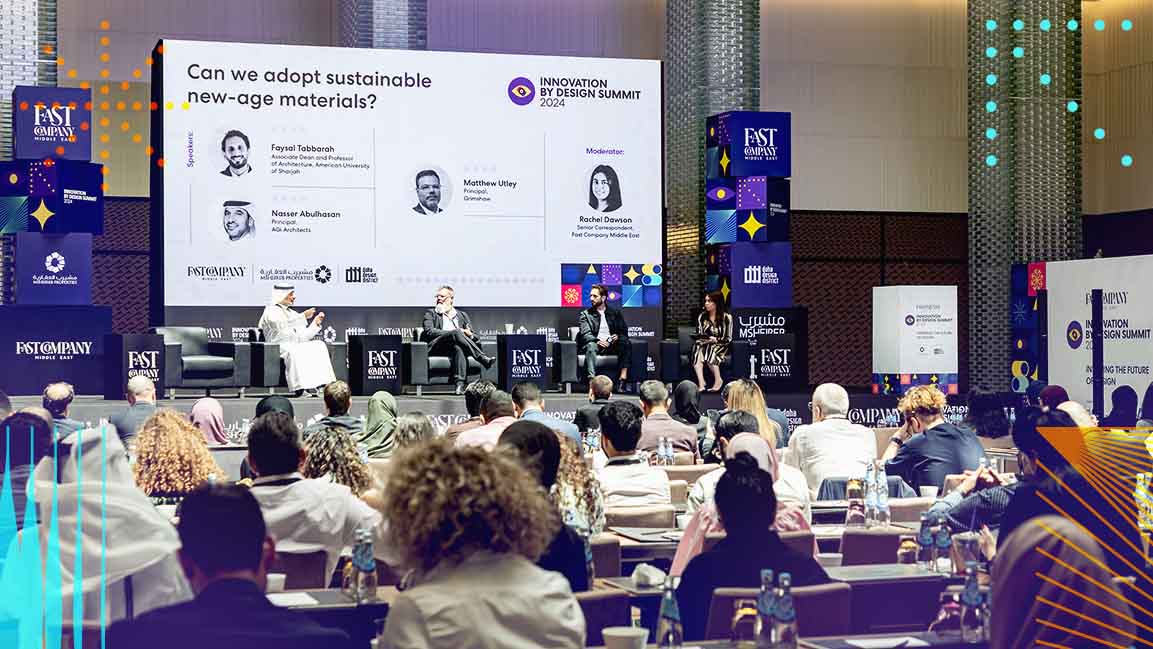- | 9:00 am
These young leaders are driving climate action in the MENA region
We speak to three young climate activists on unique challenges and what they hope to see out of COP28

When she was just seven, Kehkashan Basu saw a dead bird with its belly full of plastic on her television screen. She knew she had to do something about it. “Having grown up in Dubai, I was fortunate to live in a safe, healthy community where empathy was the norm,” the 23-year-old says.
The realization dawned on her that there must be something wrong with the world if a bird suffered so much pain. The incident set her off on the path of environmental advocacy.
Over the next few years, she worked at the grassroots and policy levels by speaking at UN Conferences.
THREAT OF DESERTIFICATION
At 12, Basu founded the Green Hope Foundation, a global social innovation enterprise that works on all aspects of sustainable development, particularly the impact of the climate crisis. The threat of desertification and drought resulting from climate change is a cause close to Basu’s heart.
As the Middle East is vulnerable to desertification, she explains that taking steps to ensure ecosystems are protected becomes pertinent. In Dubai, the focus of the foundation’s work has been the conservation of freshwater turtles, land degradation, mangrove tree plantation, and the protection of local biodiversity.
And even more importantly, the foundation hopes to inspire young people to bring change in their spheres of influence.
“The foundation was founded on hope,” she explains. “And hosting COP28 when we desperately need hope, and in the UAE – a country built on vision and hope – is inspiring.”
MAKING SPACE FOR YOUNG PEOPLE
Like Basu, 31-year-old climate activist Neeshad Shafi from Doha was accustomed to the climate crisis from a young age.
He obtained a Master’s degree in energy and environment and extensively studied the effects of climate change in the global South. After attending several UN Summits over the years, Shafi noticed a gap between climate science and young people’s role in advocacy.
Particularly those communities that were most affected by climate change. “We found that these spaces were not accessible to young people from the MENA region,” he says.
To bridge this gap, he founded the Arab Youth Climate Movement Qatar, a non-profit that works on environmental awareness, advocacy, and policy.
They first countered the lack of young people’s participation by translating the “vocabulary” of the climate crisis into Arabic. For example, phrases like “climate justice” have never been a part of the social fabric or vernacular vocabulary. Additionally, supporting youth training and participation in COP at Sharm el-Sheikh, Egypt, last year and now in Dubai.
Shafi also notes that the region playing host to COP and climate summits over the past few years has helped garner interest – young people are more involved and are thinking about how they can contribute to the climate crisis discourse.
Speaking of the immediate challenges to the region, Shafi believes that the climate crisis will widen economic disparities in the MENA region.
“The impact of the climate crisis will be severe and immediate in countries like Lebanon, Syria, and Jordan, which are already facing economic uncertainty,” he says. “While those in the GCC can turn on their air conditioning during extreme weather conditions [like we experienced last summer], such drastic temperatures will only exacerbate the crisis in poor countries.”
He adds that COP28 is a good opportunity for the UAE to play a crucial role in the MENA region and take action to benefit other vulnerable countries.
Ayshka Najib is a 21-year-old climate justice activist from Dubai who has been involved in climate change education and advocacy since age 14. Her work includes young people and their meaningful and substantive engagement in climate policy and decision-making.
Like Shafi, she noticed that climate change spaces in the global North didn’t address the frontline issues that vulnerable communities faced. “As someone who is a person of color and comes from the global south, I felt like I didn’t belong in these conversations,” she says. Najib is a part of MAPA: Most Affected People and Areas, a youth-led initiative that reallocates space and power to frontline communities to share their lived experiences.
LACK OF FUNDING
“Those who are less impacted by the climate crisis need to stand in solidarity with those who are most impacted,” she says. “We need to use the privilege that comes with our different backgrounds, identities, and lived realities to work together.”
With information being easily accessible, particularly through social media, Najib believes that young people can be the agents of change for climate justice. “Moreover, the impact of climate change is unfolding around us – nothing is ‘too far off’ in the future.”
Another issue that she highlights is the lack of funding for youth-led organizations and initiatives. “Only 0.75% of youth-led initiatives are funded and eventually implemented,” she adds. “And this percentage drops even further in the MENA region.”
Najib sees the GCC countries’ reliance on fossil fuel and its industry as the most immediate and pressing issue to address. “The MENA region is one of the least climate-resilient regions in the world. For instance, the UAE’s coastal areas are prone to rise above sea levels, and prone to flooding and putting a strain on the infrastructure.”
Water scarcity and indigenous species are also being put on the endangered list. “So, there is an immediate and immense pressure to transition away from fossil fuels towards renewable energy sources.”
“And to ensure this transition is just and equitable,” she adds.








































